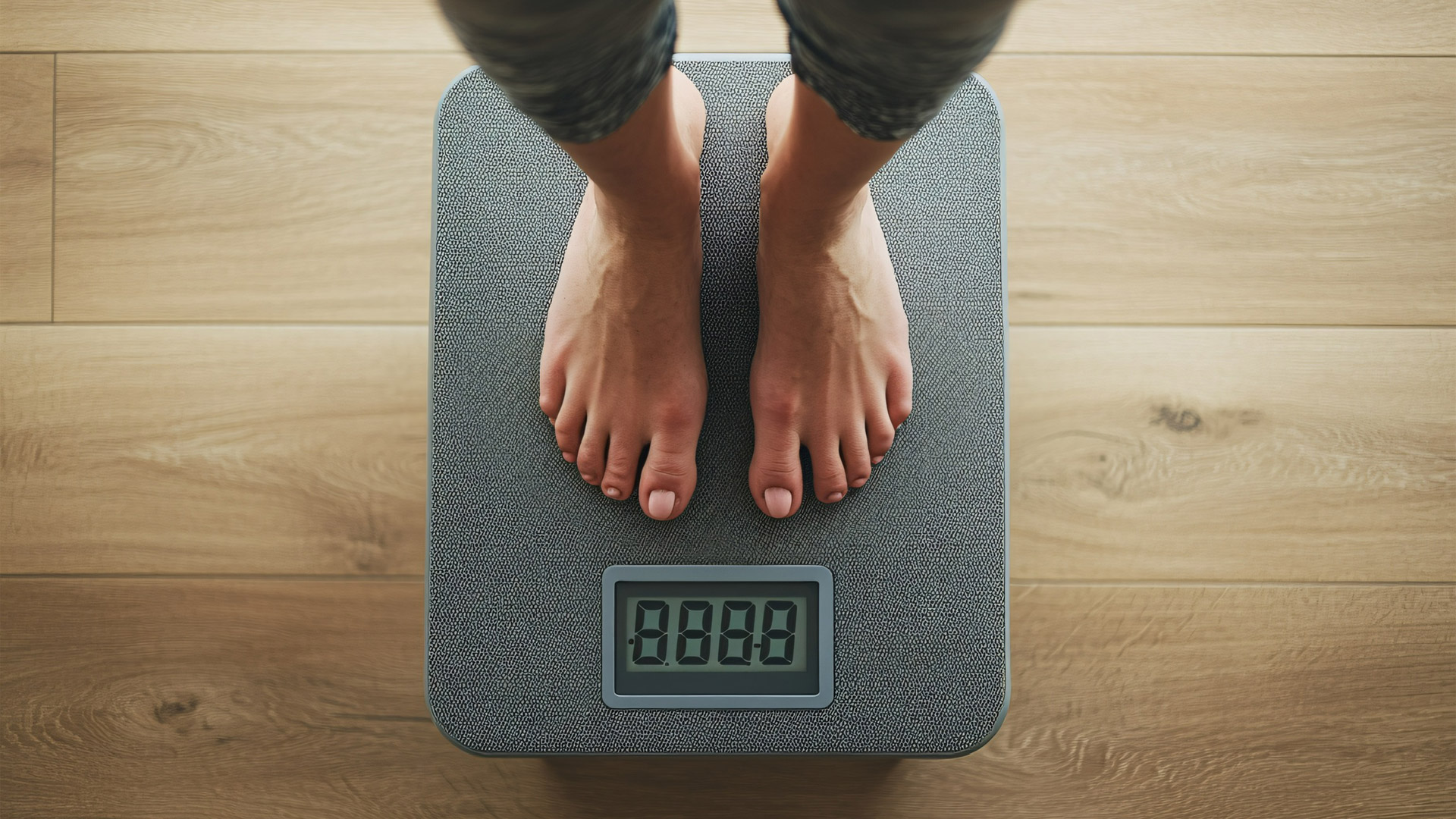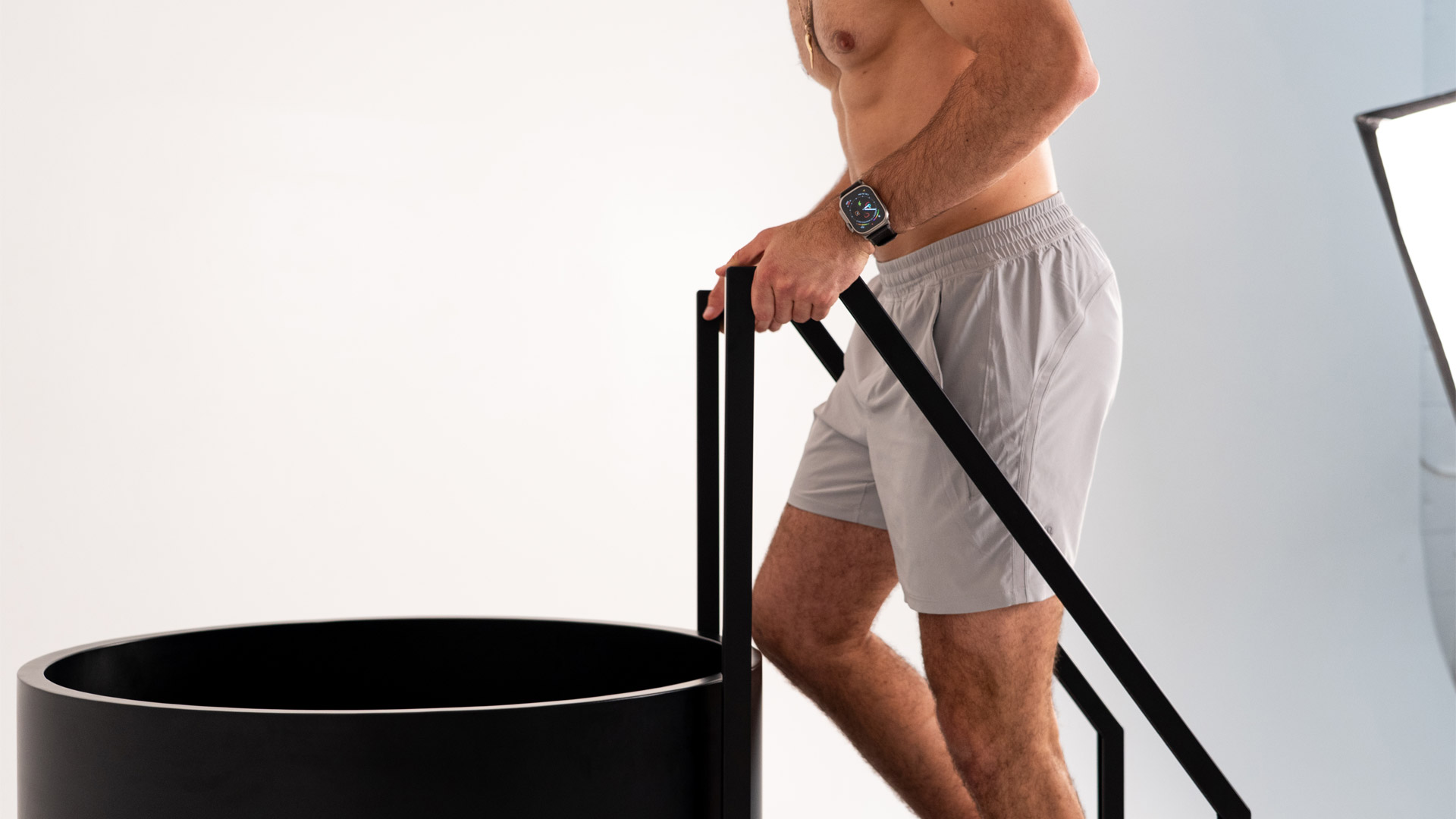All Categories

Do you talk about self-care with your clients?
Are you sure you understand what it means? Really?
If you’re nodding along, confident in your approach, let’s delve deeper into what self-care truly entails, and what you and your clients might be doing instead.
Consider these scenarios and identify which you believe represents self-care:
(A) Advising a client to book a same-day massage after a particularly taxing day.
(B) Suggesting a favorite treat to unwind after a strenuous session.
(C) Recommending a week off to a client on the brink of burnout.
Interestingly, these examples fall into the category of SELF-SOOTHING, not self-care.
Thus, the answer is: NONE.
Self-care embodies a proactive stance, aiming to fortify against burnout and promote flourishing health. Self-soothe, in contrast, is a reactive measure, a temporary balm for the stresses of the moment.
For health coaches, advocating self-care means encouraging clients to actively engage in practices that support their physical, mental and emotional health, thereby preventing burnout and enabling them to thrive. This approach is about foresight, routine development and habit formation that collectively work towards comprehensive wellness.
Try the following affirmation: “I prioritize self-care to uphold my well-being, recognizing the value of feeling nurtured and revitalized.”
Self-soothing strategies are crucial for immediate stress relief but should be seen as supplementary to a robust self-care regimen.
For health coaches, positioning self-care as a fundamental aspect of your coaching practice is essential. While self-soothing is vital for navigating life’s immediate challenges, self-care establishes a foundation that prevents burnout, reduces the reliance on self-soothing measures, and promotes a thriving life.
Empower yourself and your clients to place self-care at the forefront of your wellness strategies. By fostering proactive well-being habits, you’re not just surviving; you’re thriving in a demanding world.
Remember, the journey to holistic health is a collaborative endeavor. You’ve got this!
Ariel Belgrave, an award-winning health and fitness expert and business advisor, founded Gym Hooky after over a decade in corporate HR for Fortune 100 companies like JPMorgan and Facebook. Her L.E.A.N Method has empowered thousands of women globally to embrace healthy, sustainable habits. She’s renowned for creating wellness programs that blend HR insights with health expertise, significantly enhancing employee engagement and inclusivity. Ariel’s impact is highlighted across major media, including Good Morning America, NBC, and Women’s Health Magazine. She also contributes to Women’s Health Magazine’s board and is an Under Armour sponsored athlete.
Find out more about engaging Ariel for speaking opportunities.
Powering the Business of Health, Fitness, and Wellness Coaching

By Elisa Edelstein

By Jessica Maurer

By Robert James Rivera

By Robert James Rivera

By Elisa Edelstein

By Elisa Edelstein

Powering the Business of Health, Fitness, and Wellness Coaching
